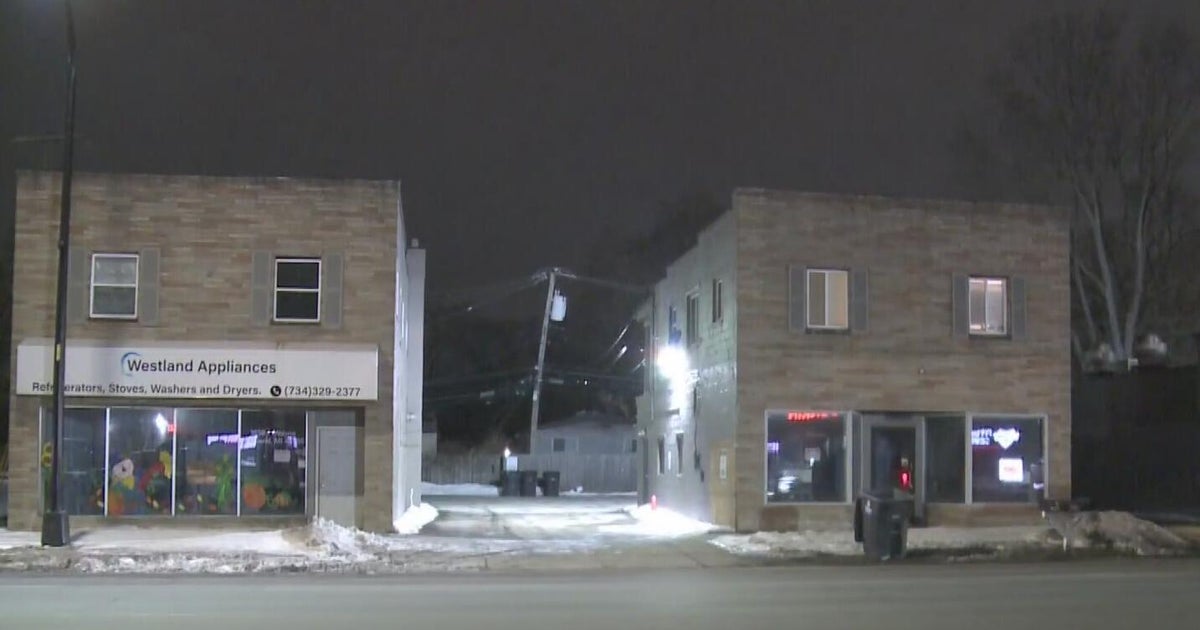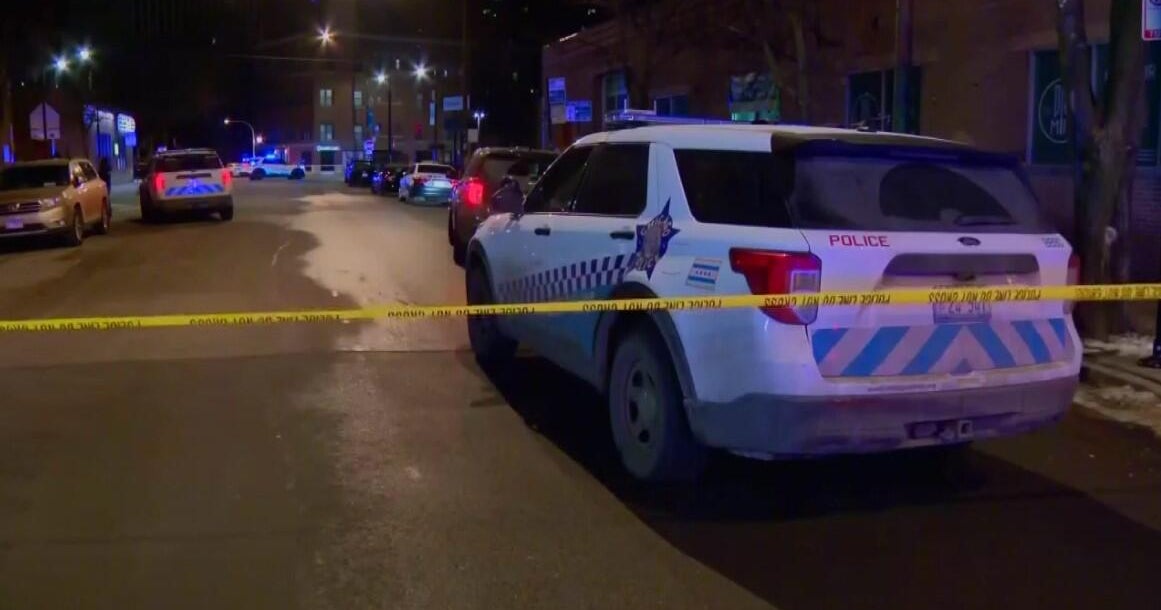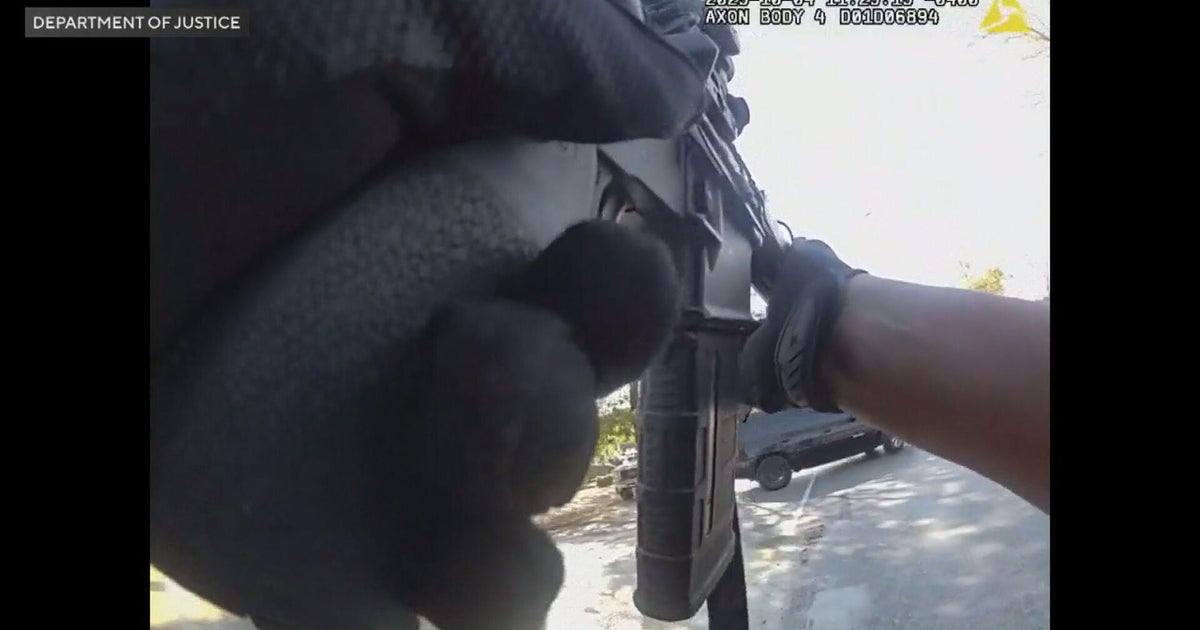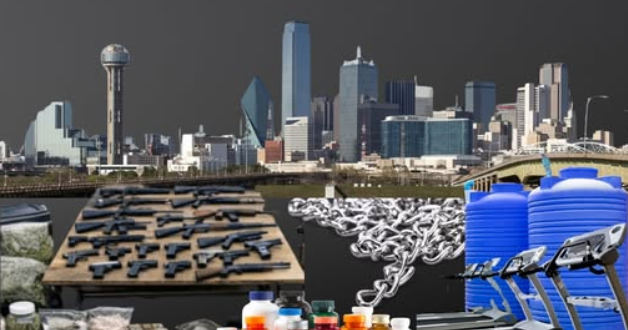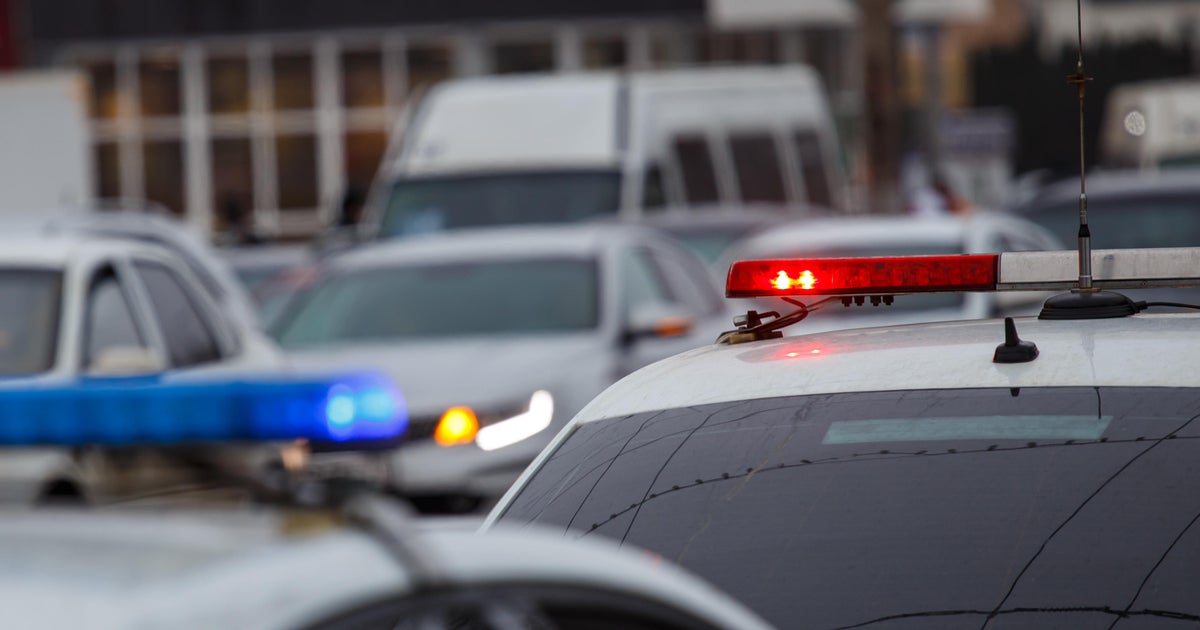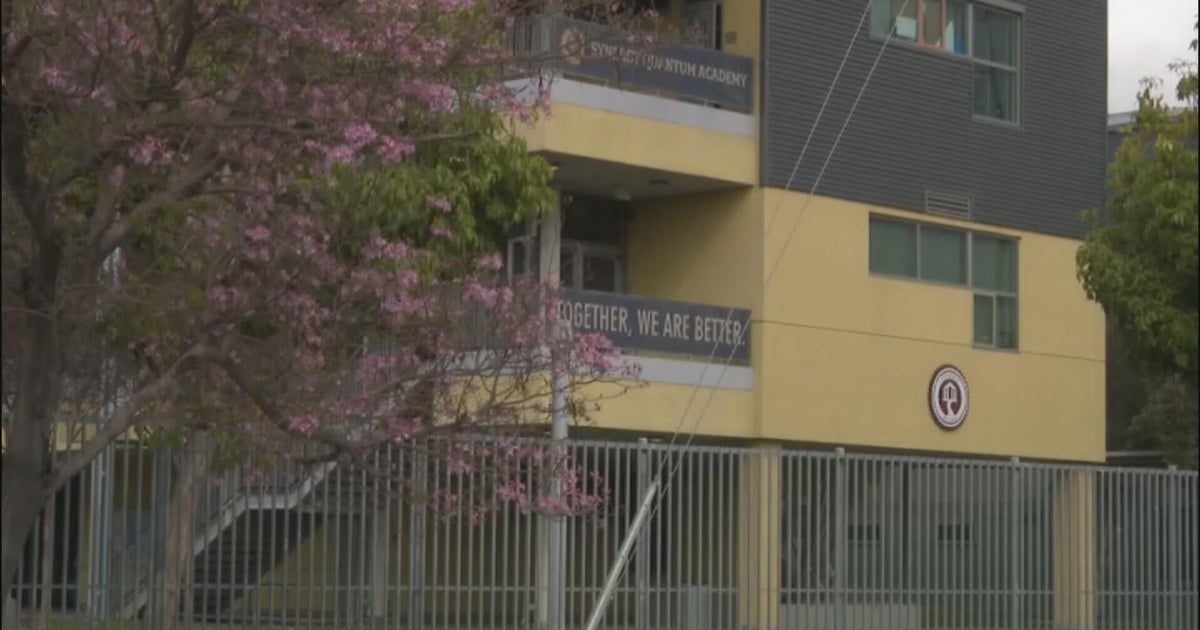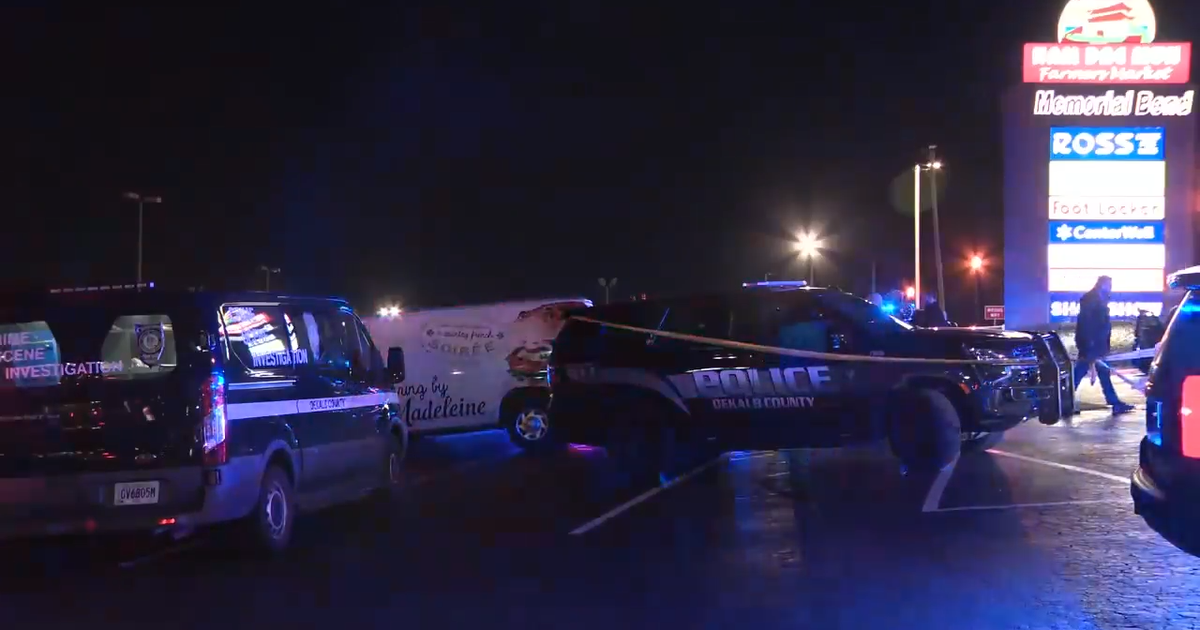Expert says 'run, hide, fight' warning likely saved lives at Michigan State University
CHICAGO (CBS) -- "Run, hide, fight" – those three words were sent to Michigan State University students shortly after the shooting began on campus Monday night.
It likely saved lives.
CBS 2's Jermont Terry talked Tuesday night with security experts to assess the response of the police to the campus massacre – and to ask whether anything else could have been done to prevent this tragedy, which left three MSU students dead and five wounded.
Cellphone video reveals the sheer fear of the students at Michigan State University Monday night. Moments after MSU sent social media alerts telling everyone to "secure in place," those on campus were quick to heed the warning.
"Some of them hid and stayed quiet for four hours," said Matthew Doherty. "Now, I would venture to stay prior to Virginia Tech; prior to Columbine, that hiding was the antithesis. You'd like to run down the hall and declare an emergency, or get on your cellphone and loudly declare there's a 911 emergency here."
Doherty is a former Secret Service agent at the National Threat Assessment Center. He currently works as a workforce risk management director.
Doherty points to out the "run, hide, fight" survival habits were trained by MSU.
"That security awareness - there's no doubt in my mind that you'll start seeing this information come out that the kids, the students, had that security awareness before this incident happened," he said.
While the Michigan State University Police Department is crediting the emergency guidance with keeping more students from getting killed or injured, there will also be an assessment on the suspected gunman, Anthony Dwayne McRae.
Police said the 43-year-old McRae had no ties to the East Lansing campus.
McRae took his own life after a three-hour standoff, police said. But his past shows he was previously on probation for possessing a loaded gun.
"I guarantee you this person was on someone's radar," Doherty said.
Prosecutors even say McRae had a history of mental health problems. Yet still, he had a weapon – and that, according to Doherty, is where failure happened.
"He was in possession of that gun illegally," Doherty said. "The problem is they purchase it, and there's no follow-up with the gun firearm card; the permit. A common database across jurisdictions to note that violent criminal history."
If those notes were compared, Doherty said maybe the MSU campus would not be in mourning now.
"If a person is on the radar with concerning behavior, a threat assessment should take place to determine intent, motivation, and capability," he said, "and part of threat assessment is, does this person has access to weapons?"
Like other mass shootings, investigators in the MSU shooting will take what went right and wrong and use it for future training – if or when the next school shooting happens.
